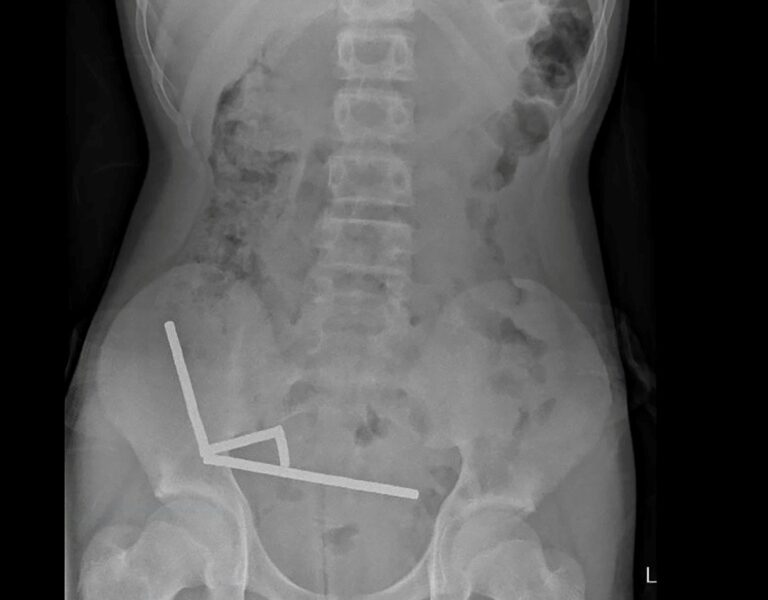Colorectal cancer screenings are becoming increasingly accessible in Florida, thanks to new blood test options. While traditional methods, such as colonoscopies, have long been considered the standard for detecting this serious illness, many individuals find them uncomfortable and invasive. This has contributed to a significant screening gap, with only 65.5% of eligible Floridians aged 45 and older up to date on their screenings.
The importance of early detection cannot be overstated. When colorectal cancer is diagnosed at an early stage, it boasts a remarkable 91% five-year survival rate. Unfortunately, many people remain unscreened, putting themselves at greater risk as advanced-stage colorectal cancer continues to rise in Florida. Particularly concerning is that 60% of low-income or Medicaid adults in the state have not undergone screening, highlighting disparities in care access and awareness.
Efforts to encourage screening are vital, as negative perceptions surrounding available options can deter individuals from seeking necessary tests. While colonoscopies are effective, the preparation can be daunting for many. Stool-based tests, on the other hand, often evoke anxiety due to their nature, further contributing to the reluctance to screen.
Recognizing the need for change, healthcare providers are beginning to offer alternative screening methods. One such option is the Shield test, the first FDA-approved blood test for primary colorectal cancer. This test allows for a more comfortable experience, as it requires just a simple blood draw during a regular doctor’s visit.
For individuals like Ute Harshbarger, a travel agent based in Davenport, Florida, this new testing method provides a sense of relief. “There was no special prep or time-consuming process,” she shared. “I walked out feeling relieved and empowered, ready to focus on what I love most.” Harshbarger emphasizes that prioritizing health means being able to cherish moments with loved ones, such as family trips to Disney and exploring new destinations.
With the introduction of these less invasive options, more people are likely to engage in screenings. It shifts the conversation from a mere obligation to a proactive measure for personal health. “Screening for colorectal cancer isn’t just about checking off a box. It’s about giving yourself a chance to catch something early, when it’s most treatable,” Harshbarger noted.
Healthcare professionals encourage individuals to have candid discussions with their doctors about available screening methods. As new testing options emerge, these conversations could be pivotal for many, offering a greater chance for early detection and better health outcomes.
In summary, the advancements in colorectal cancer screening, particularly the introduction of blood tests, are crucial in addressing the current screening gap in Florida. By making screenings more accessible and less intimidating, healthcare providers can help save lives and empower individuals to take charge of their health.







